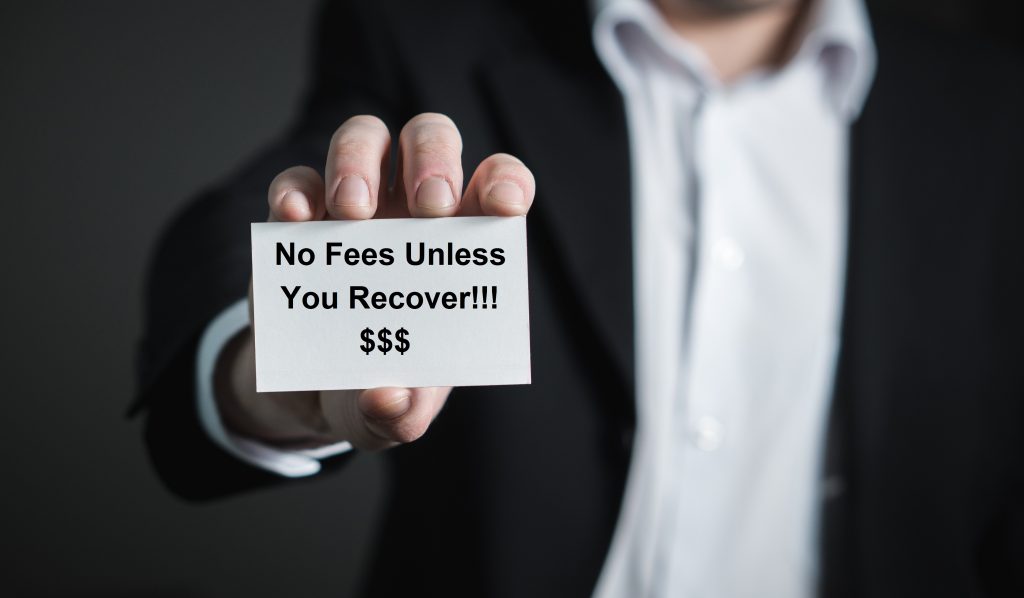YOU HAVE THE RIGHT TO SUE A DEBT COLLECTOR WHO BREAKS THE LAW
Call us at
877-824-7070 today!

You Have Rights! We Can Help!
The Fair Debt Collection Practices Act, often referred to as the “FDCPA”, is a law designed to protect consumers against bill collectors who often harass, lie, and even threaten consumers in an effort to collect a debt when contacting them by telephone, email or mail. Under the FDCPA, a bill collector is someone who regularly collects debts owed to others. This includes collection agencies, lawyers who collect debts on a regular basis and companies that buy delinquent debts and then try to collect them.
The FDCPA/FCCPA covers personal, family, and household debts including credit cards. It also includes home & auto loans, retail loans and medical bills.
The Telephone Consumer Protection Act (TCPA) was passed by congress in 1991 in response to consumer complaints about debt collectors, telemarketers and other consumer harassment calls. The TCPA establishes laws that limit what telemarketers and other businesses (including debt collectors) can do over the phone. This includes text messages and fax communications.
Notably the TCPA restricts the use of auto dialing (robo calling) by any telemarketer or debt collector. If you have received any call with a pre-recorded message or dead air before the call is connected it is probably a violation of the TCPA.

It does not matter if you are a debtor; when a debt collector keeps disturbing you with calls without your permission or after you have asked them to stop, you can sue them due to consumer protection laws. According to a January 2016 Supreme Court opinion, harassment through text messages is also an offence. We stand in the gap for consumers who have suffered harassment from debt collectors. When collecting debts, debt collectors are expected to act according to the law. However, there are many cases in which debt collectors use illegal tactics to scare or intimidate a debtor into paying. Most people endure the harassment because they are unaware of their legal rights. You could recover up to $1,500 per call!
At Consumer Law Attorneys, we can help you recover the compensation you are due under the law from debt collectors, especially banks and many companies that indulge in the harassment of debtors with series of phone calls.

These are just some of the violations often committed by unscrupulous debt collection companies. Abusive bill collection practices can entitle you to monetary damages. We do not charge an up front fee or any out of pocket expenses if we take your case. We get paid only if we win your case.
 You can sue a debt collector within a one year period under the federal law and two years under Florida law starting from the day the law was violated. Under the Florida consumer collection practices act known as FCCPA; you are entitled to receive up to $1,000 in statutory damages. The TCPA entitles you to $500-1500 per call to your cell phone where consent to call your cell has been revoked.
You can sue a debt collector within a one year period under the federal law and two years under Florida law starting from the day the law was violated. Under the Florida consumer collection practices act known as FCCPA; you are entitled to receive up to $1,000 in statutory damages. The TCPA entitles you to $500-1500 per call to your cell phone where consent to call your cell has been revoked.
You may be entitled to an even greater sum of money in situations where you have been a victim of economic or emotional harm. Bankruptcy trustees now understand that debt collectors are becoming a problem; therefore they now know that they can bring lawsuits against creditors violating the rights of the bankruptcy debtors.
As a consumer, the rights you have under the FCCPA and FDCPA implies that any debt collector that has violated your rights may have to pay for actual damages, your legal fees and statutory damages. Fees are only paid upon recovery and based off of a percentage for a TCPA case. For these reasons, whenever we choose to represent you in any case, you are not expected to pay any attorney’s fees except if we win your case.

Please feel free to call us to find out if we can help you recover statutory damages of up to $1,500 per call, it does not matter if you are the debtor.
We are fully equipped with helping our clients put an end to the illegal acts of abusive debt collectors.